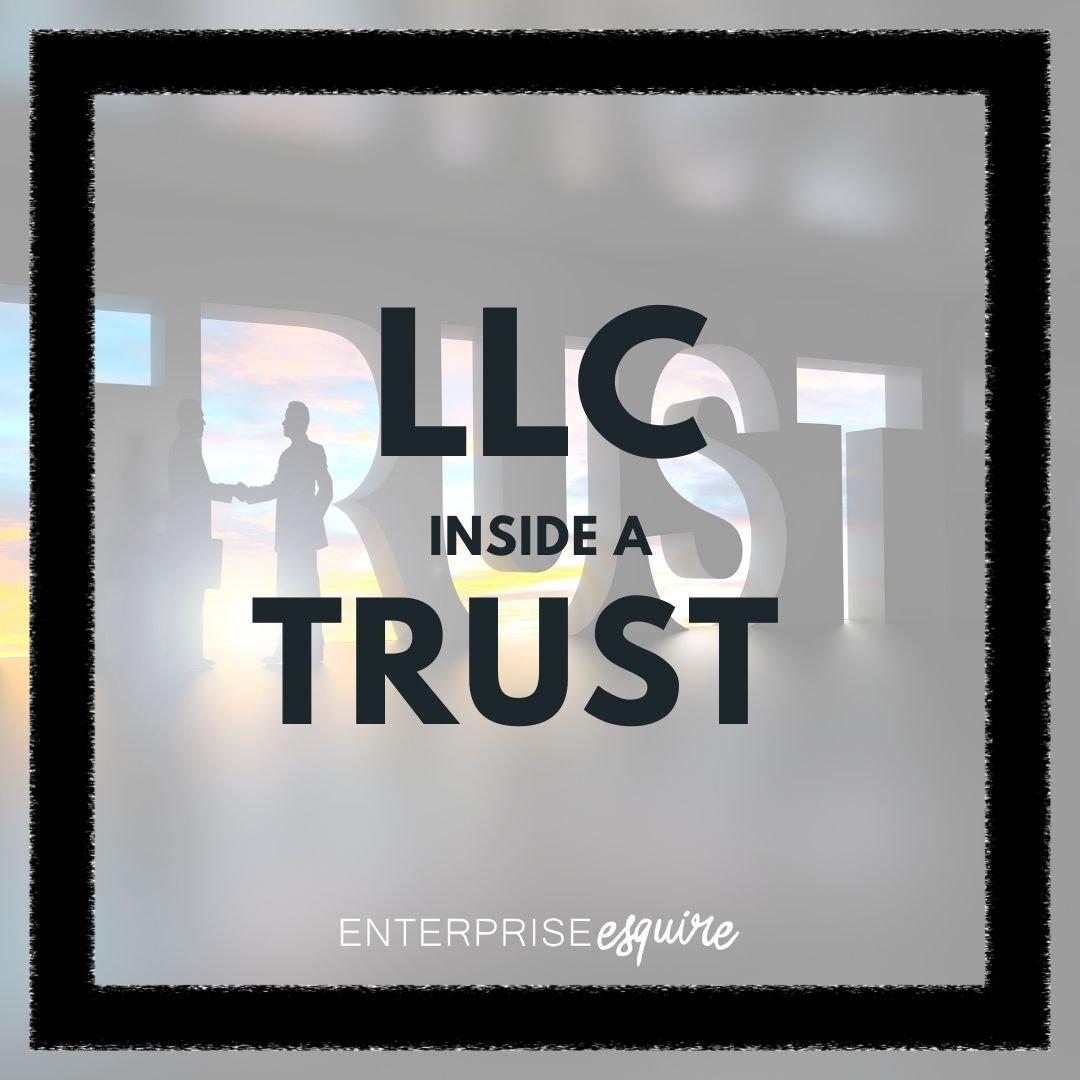Do I Need a Will? A quick guide to securing your legacy
Most people think of a will as one of those “rich people” things that does not apply to them. In contrast, others believe they need a will for everything they own. So, what exactly is a will, and how do you know if you need one?
A will essentially outlines the distribution of your items or assets upon your death. Most people put their property and business assets in their will, but this is not always the best idea because wills have to be probated. However, several other options can ensure that your wishes are respected.
The goal is to transfer your assets outside of probate so that your heirs do not have the expense or time consumption that a probate court will cause. I always tell clients to make a list of their assets. A typical person has one house, one or two cars, a bank account, and possibly a brokerage account such as retirement or some other stock account. Once we write these items down, we want to dispose of each one outside of your will to avoid the need for probate.
Time-saving alternatives to a will
Avoid statements like “I leave my house to Johnny Mack” or “I leave my bank account to Susie Mae” on your will. Leaving that in a will means it must be probated before it’s finalized. Instead, you want to transfer the title of your assets while you're alive or posthumously, and there are ways to do that without going to probate.
Alternative #1 – Transferring ownership of your house
You can transfer the title to your house outside of probate through a deed transfer. This means you can transfer ownership of your house to a person of your choosing. Alternatively, you can add that person to your deed so that they automatically get the house when you pass on. This means they don't have to go to probate court because their name is already on the deed.
Another option is getting a transfer on death (TODI) deed. This is a form that states where you want your property to go upon your death. The form is recorded in the county office where your property is located. Upon your death, the person only needs to fill out an affidavit and have it recorded that they accept the title to your property. Much like the deed transfer, a TODI does not require probate court.
Alternative #2 – Giving access to your bank accounts
Bank accounts also do not need to be in your will. If you have money in your account, you can have your bank put a payable on death (POD) order on the account. Upon your death, the person specified on your POD gets access to your bank account. You can also put someone on your bank account as an authorized person. And I know that scares a lot of people because they worry about losing their money. So, a POD is probably a better option.
Alternative #3 – Using a trust
You can put your property in a trust and designate beneficiaries to that trust. The trust will remain intact after your death, and beneficiaries will then own the property. You can also put beneficiaries on your bank, retirement, or brokerage accounts. Even IRAs have beneficiaries. So, make sure your beneficiary paperwork is up to date. The person you designate as your beneficiary will get the funds in that account outside probate. They'll only need to file the requested forms from the brokerage or retirement company to access those funds.
The only things left to go in your will after you transfer these big-ticket items are personal items like clothes, memorabilia, and jewelry. You don't necessarily have to probate those items because nobody's going to spend thousands of dollars to probate where your clothes go (unless you are Prince or another celebrity). The designated executor of your estate should give these smaller items to the people named in your will if they want them. That way, your family won’t endure the expense and time associated with going to probate.
The biggest things people fight over are houses, bank accounts, and retirement accounts. Once you dispose of those according to your wishes while you're alive, there's nothing left for families to fight over. Take it from me, I have seen it all too often. Death brings out the worst in people. To keep all the clamor down, determine who you want to have your assets while you are alive.
Speak with Attorney Alexis Hart McDowell about whether you need a Will
Hopefully, that answers your question as to whether you need a will. In some instances, people need them, and in others, they do not. But the best thing you can do for your legacy is to schedule a consultation with the Law Office of Alexis Hart McDowell today. Whether a Deed Transfer, TODI, Trust or other option, we will walk through the steps with you and figure out the best strategy to transfer your assets and leave the legacy you want.







